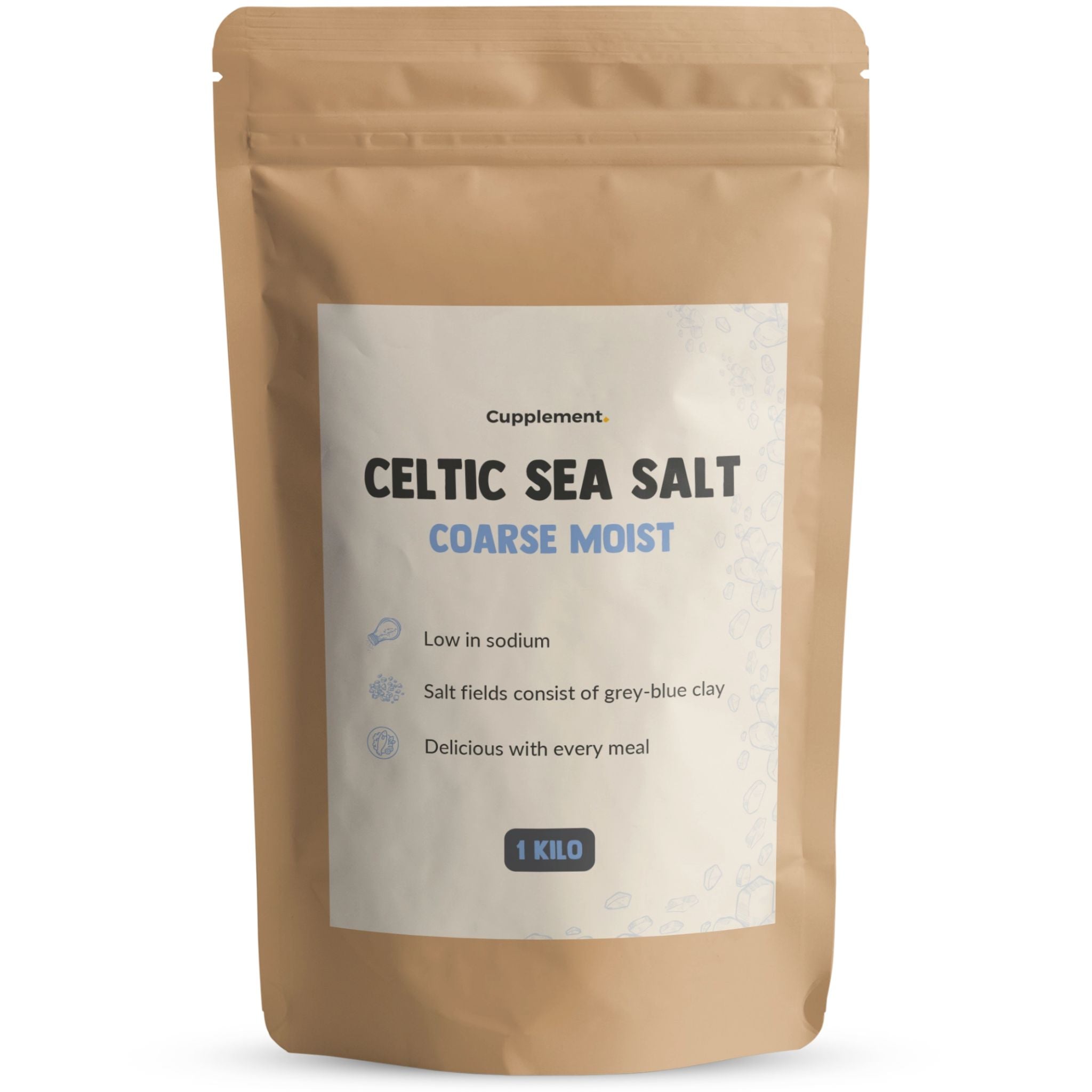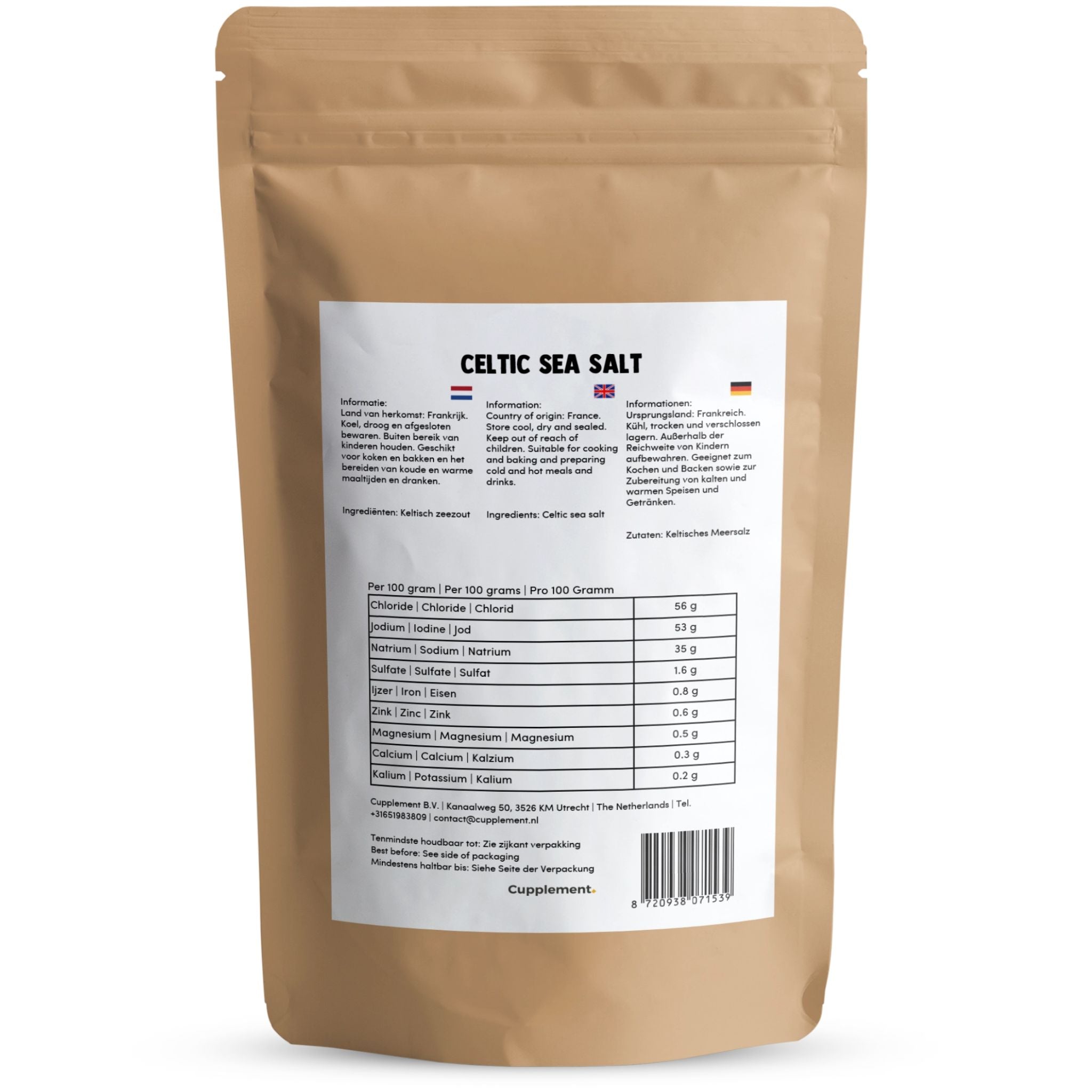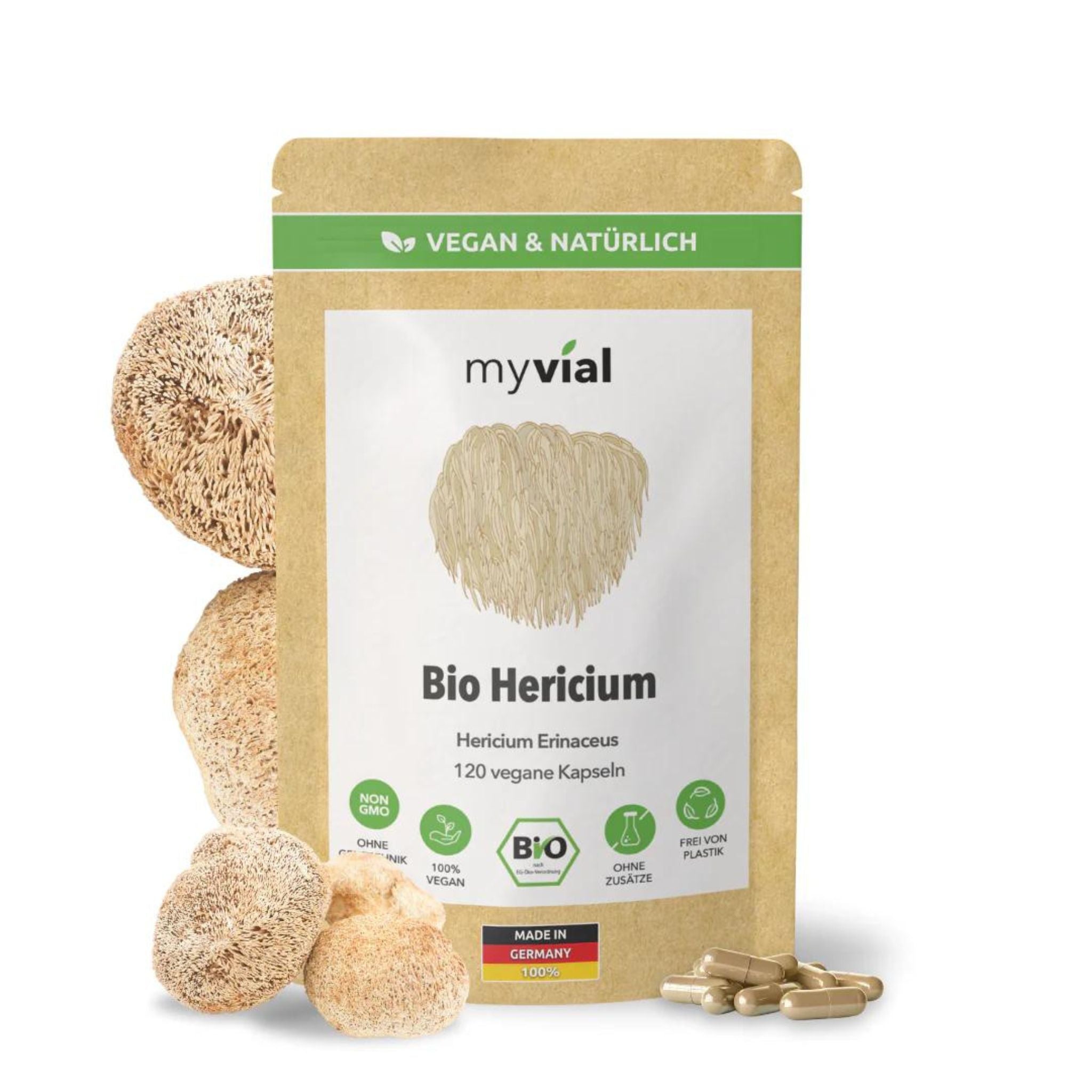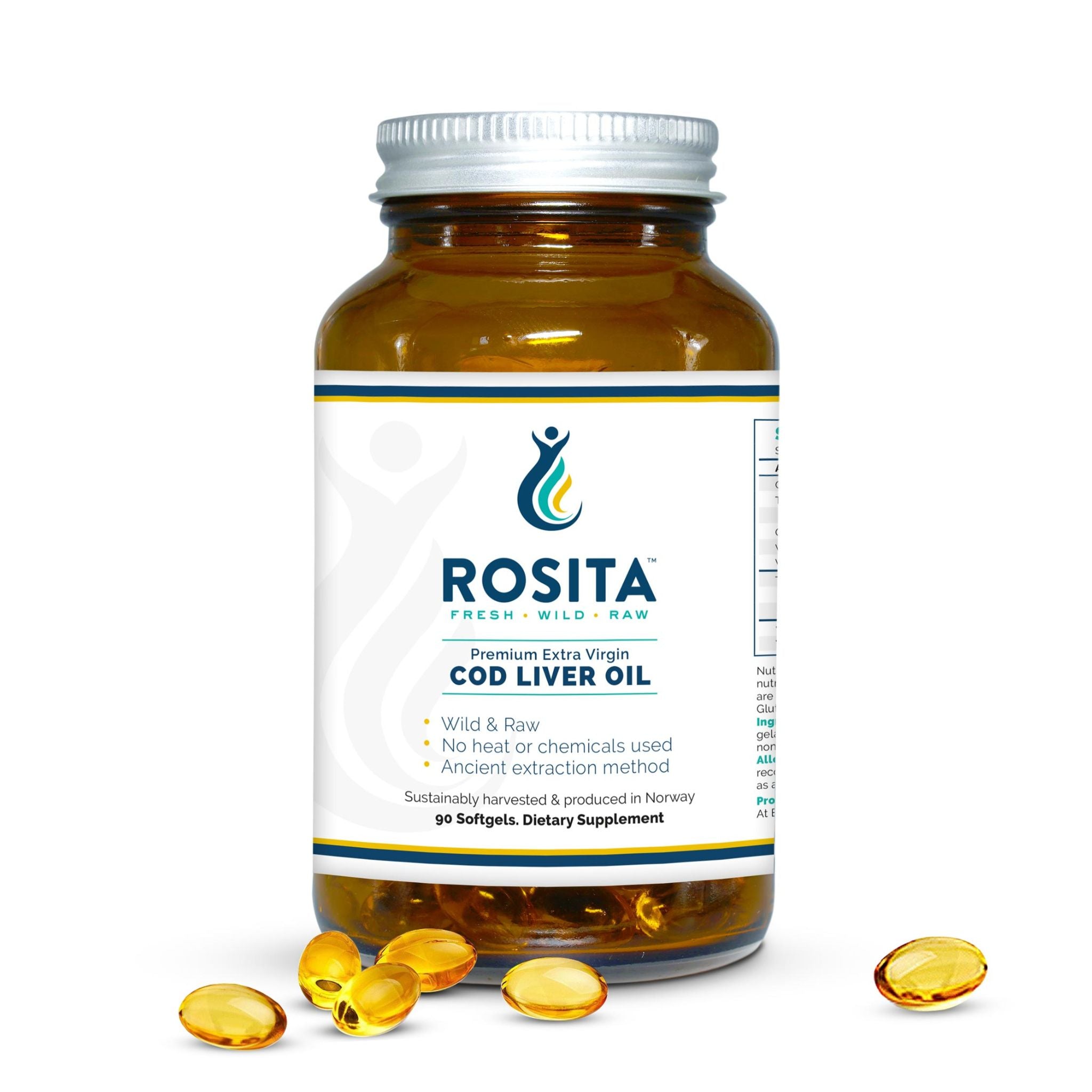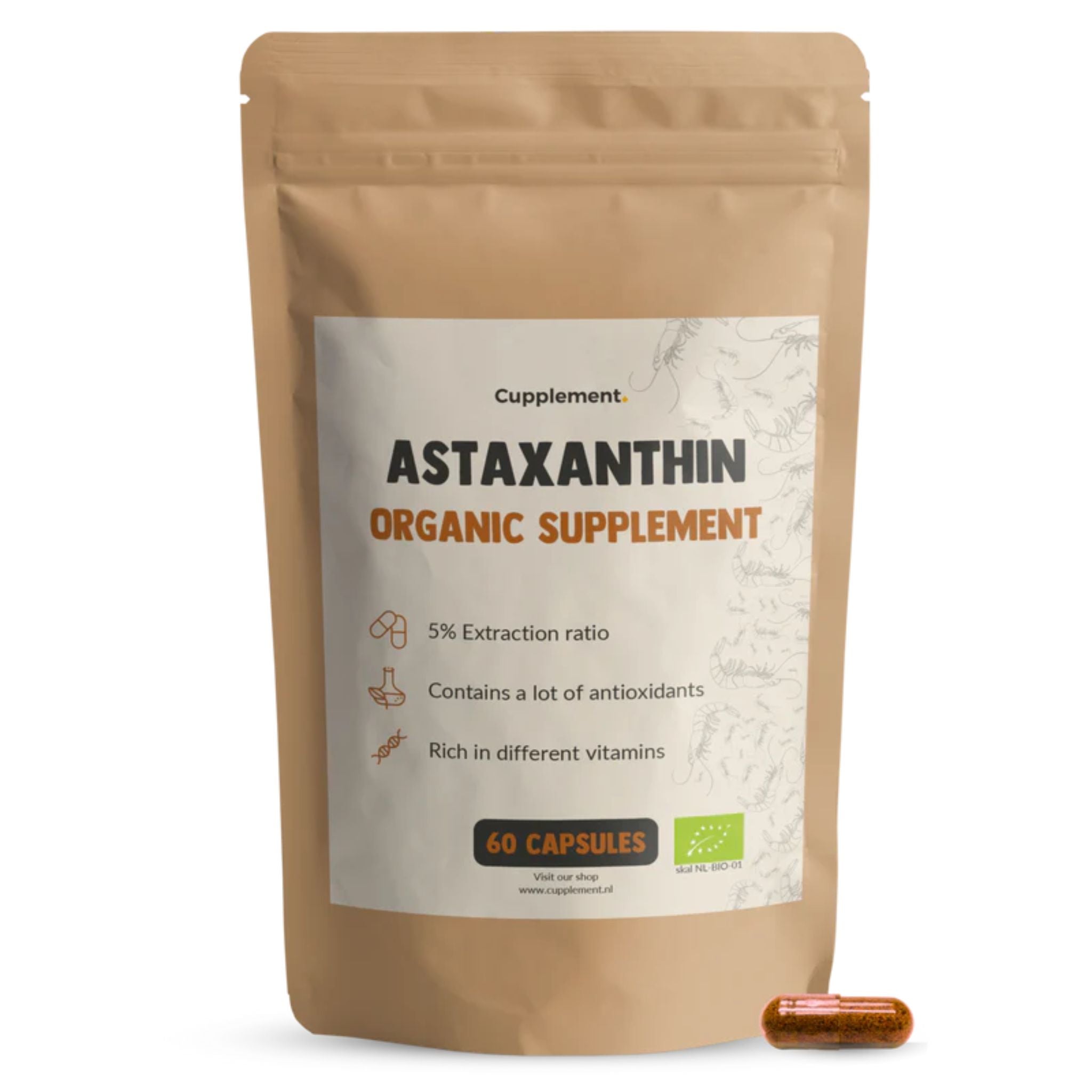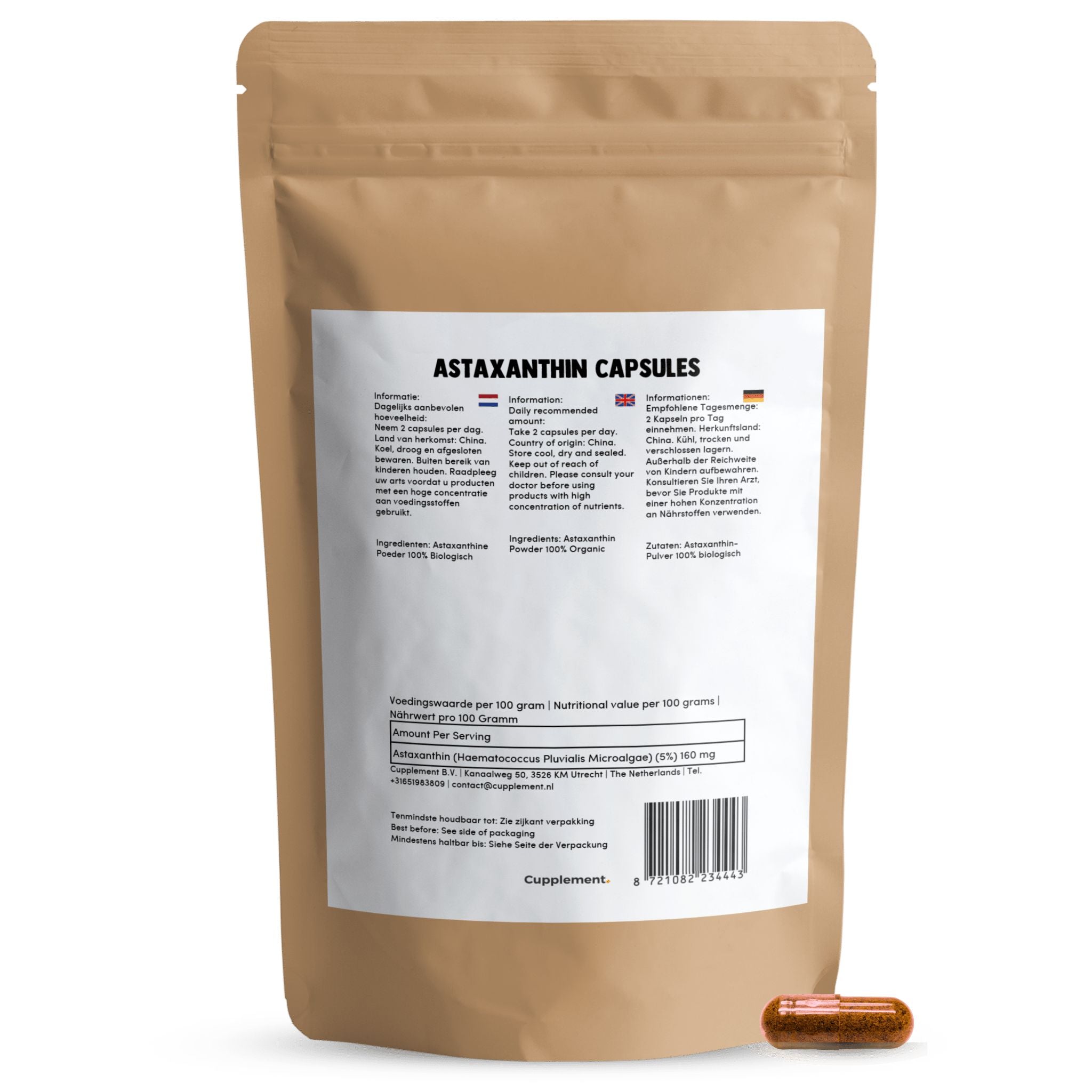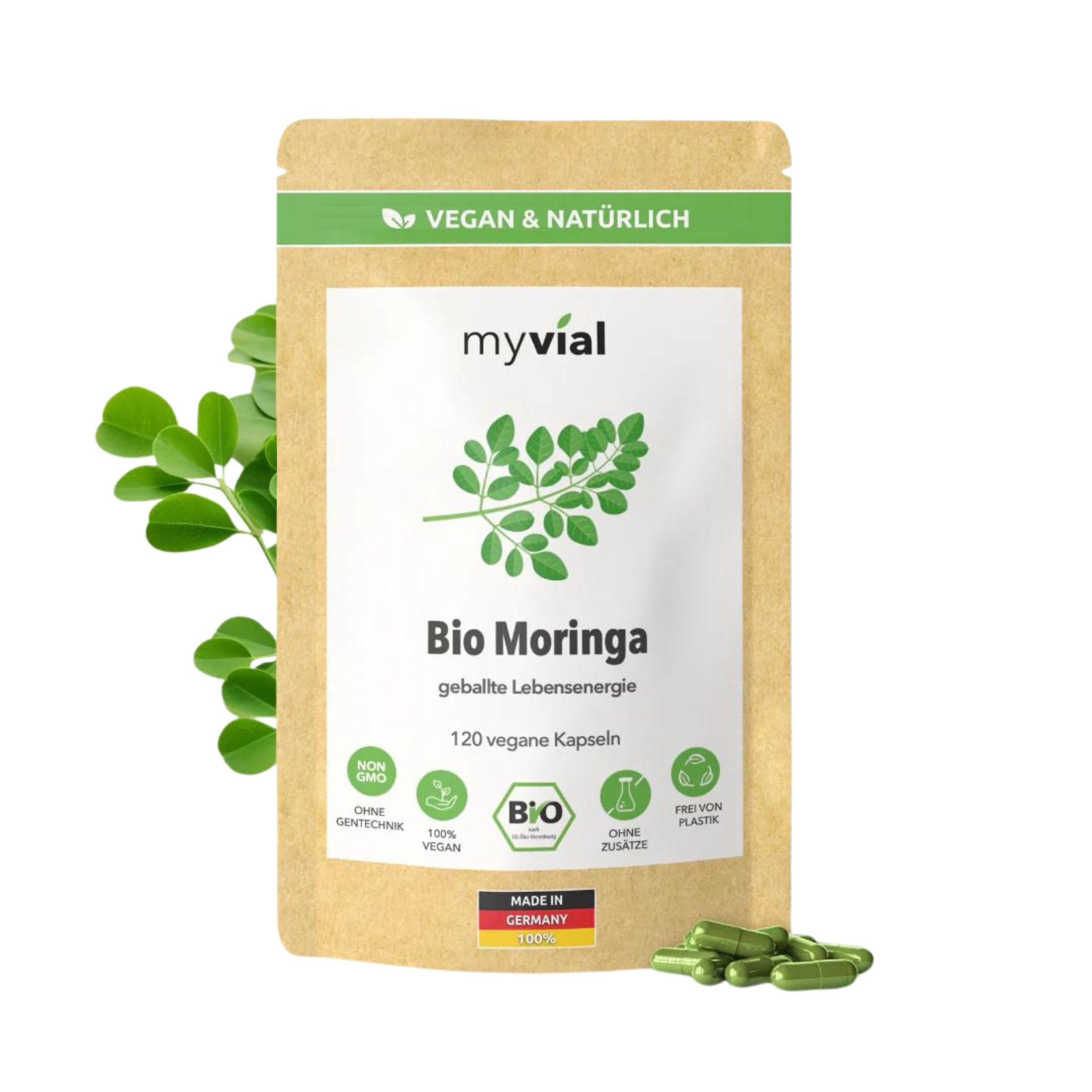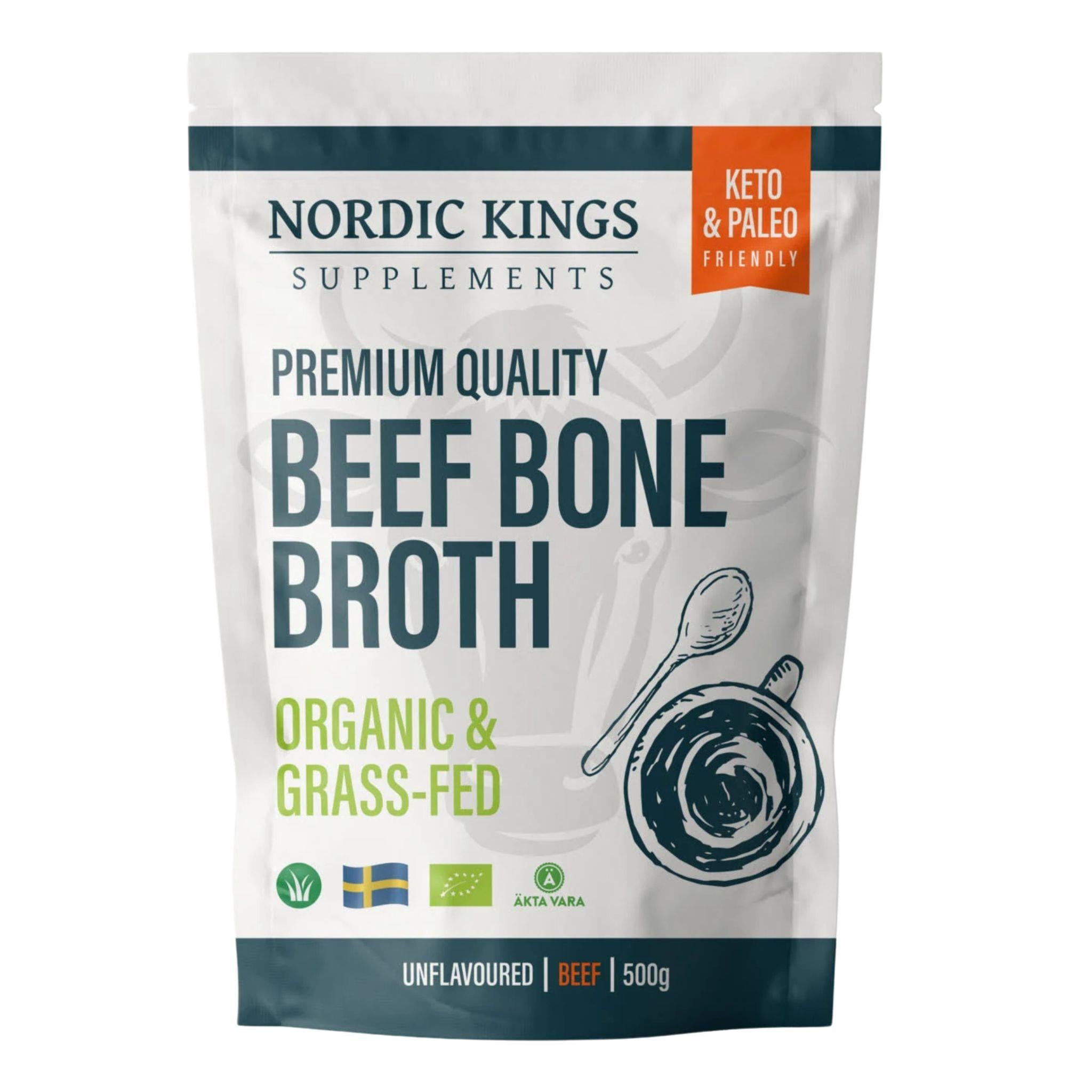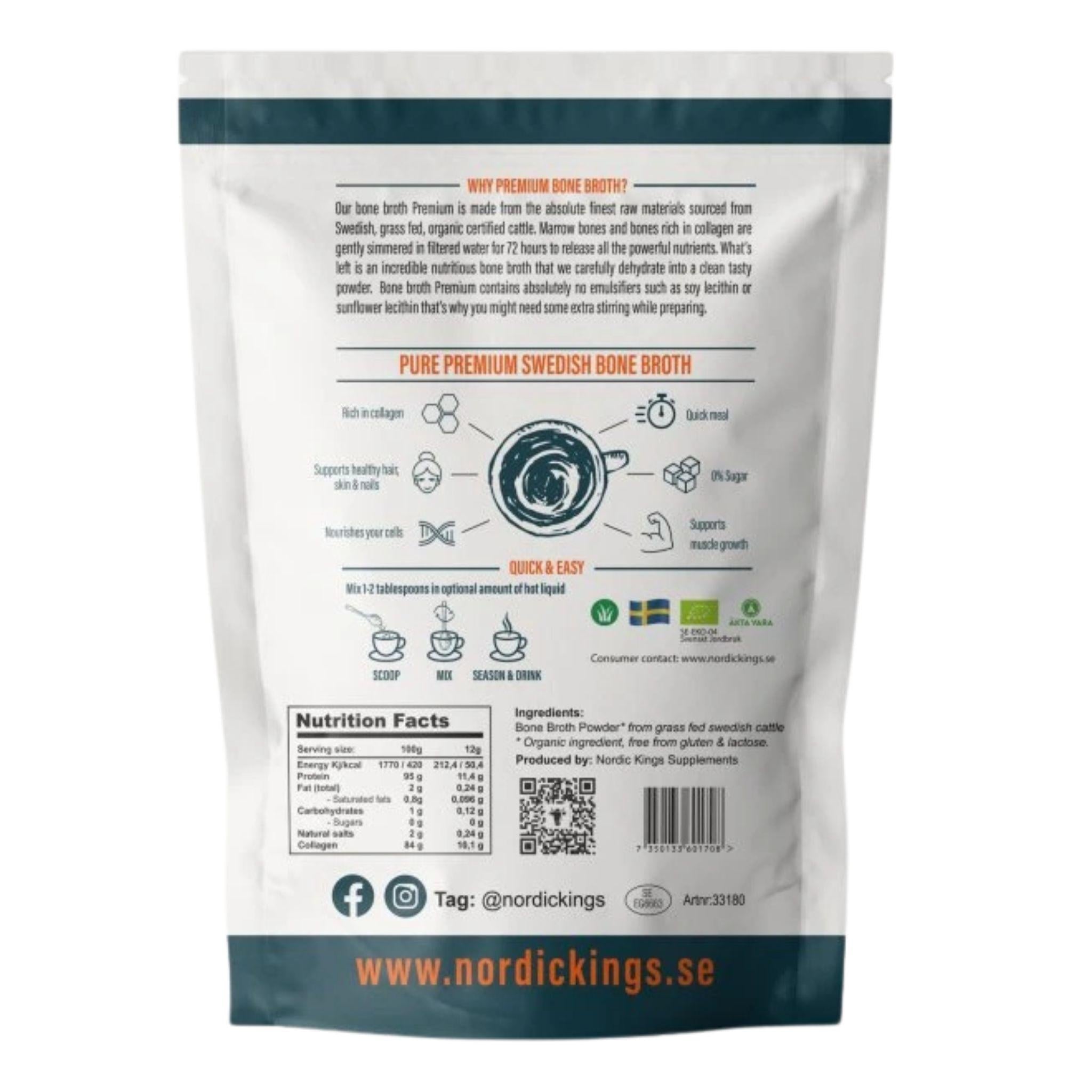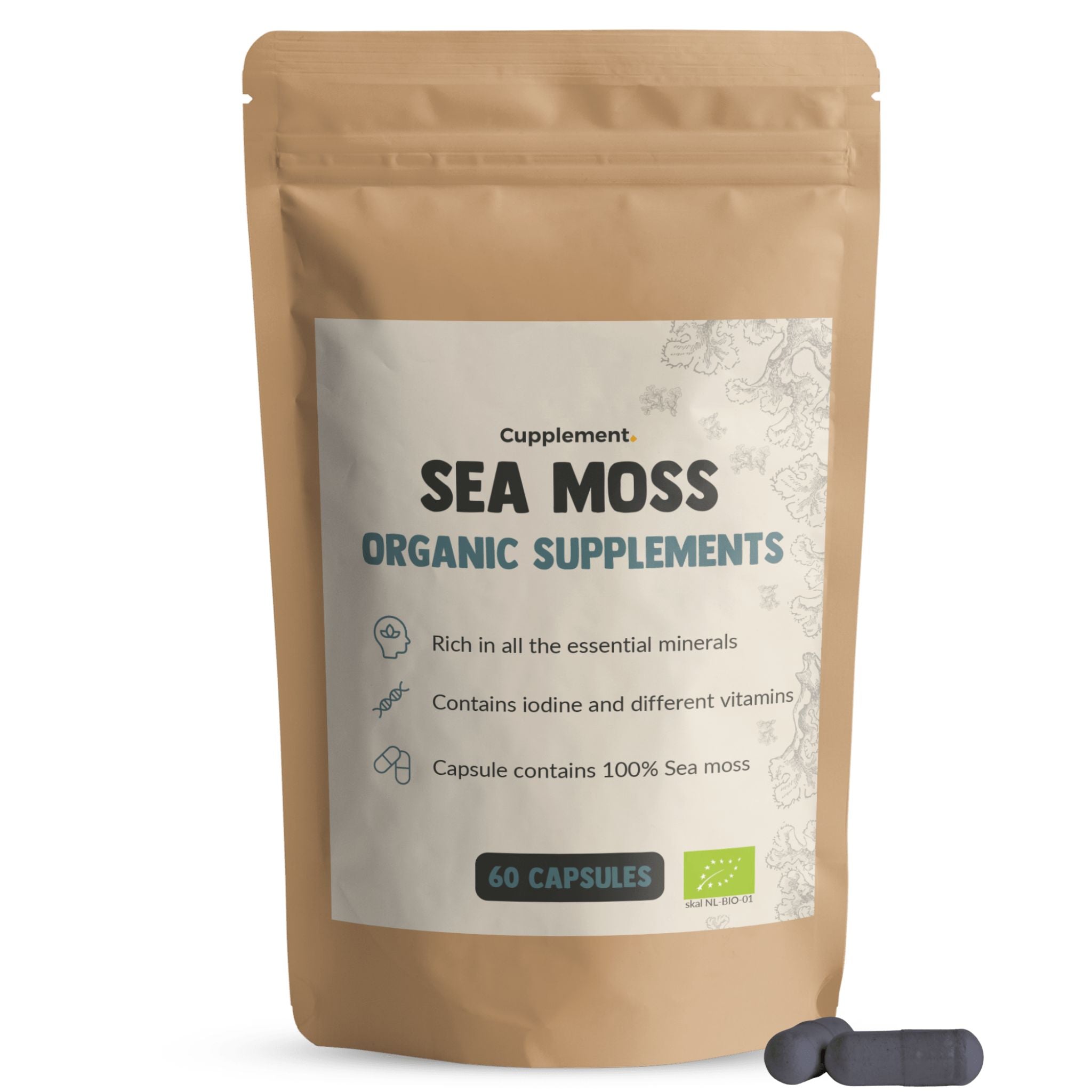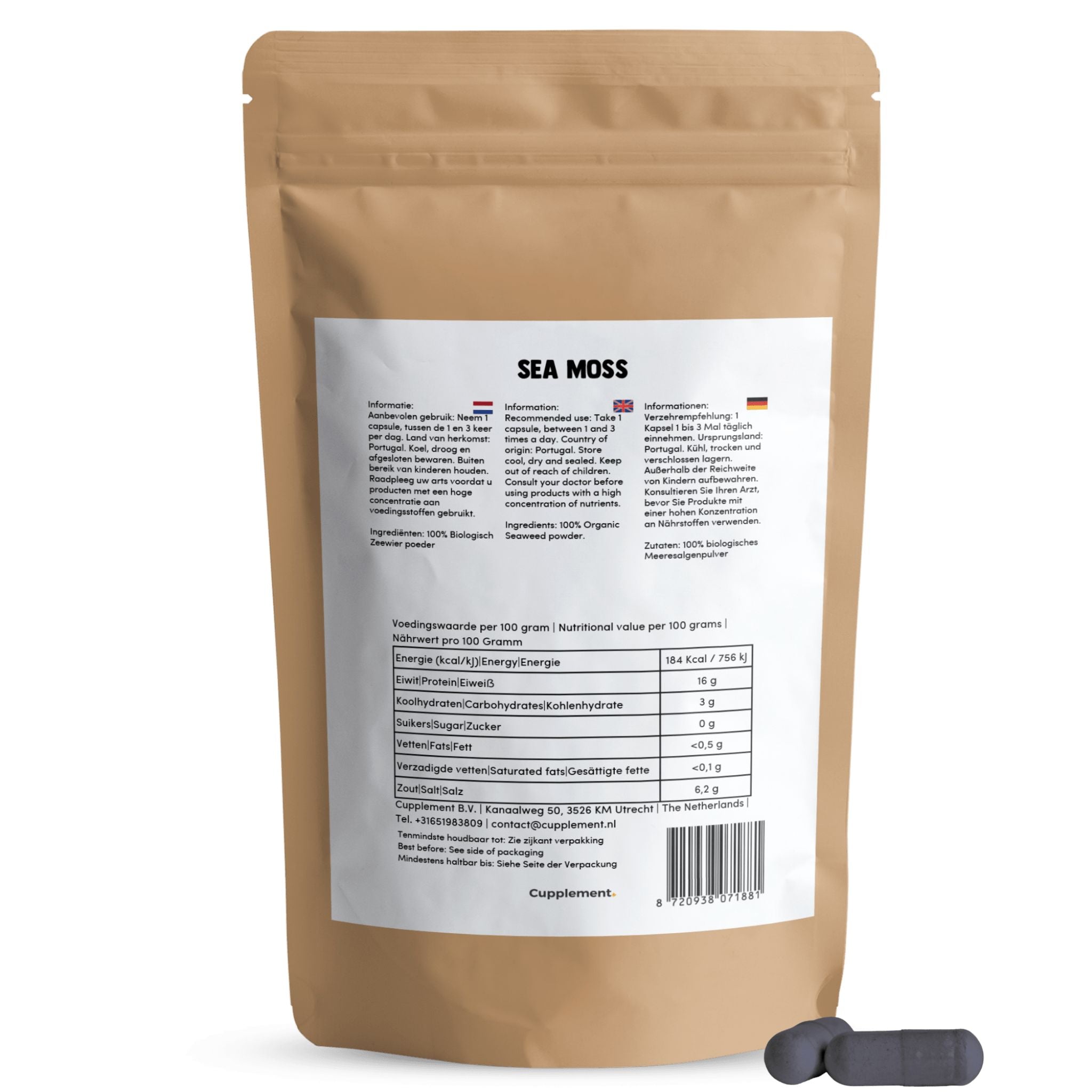Why Organ Meats are the Superfoods You Need in Your Diet
When it comes to nutrient-dense foods, few can rival organ meats. Often overlooked in modern diets, these power-packed foods were once highly valued by our ancestors. Organ meats like liver, heart, and kidney are loaded with essential vitamins, minerals, and amino acids, providing incredible health benefits. In this article, we’ll explore why organ meats are worth including in your diet, their nutritional profile, and how you can enjoy them.
What Are Organ Meats?
Organ meats, also known as "offal," refer to the organs of animals that are typically consumed. Common examples include liver, heart, kidneys, and even the brain and tongue. Unlike muscle meats, which are the cuts we're most familiar with, organ meats provide an entirely different range of nutrients. Though some may feel squeamish about eating organs, these meats have been prized in traditional diets worldwide for their exceptional nutrient density.
The Nutritional Power of Organ Meats
Organ meats are some of the most nutrient-dense foods on the planet. They’re particularly rich in:
- Vitamin A: Essential for immune health, vision, and skin health. Liver, in particular, is packed with Vitamin A in its most bioavailable form.
- B Vitamins: B12, B6, folate, niacin, and riboflavin, all crucial for energy production, brain function, and cellular health.
- Iron: Heme iron from organ meats is highly absorbable and helps prevent anemia and supports overall energy levels.
- CoQ10: Particularly abundant in heart meat, CoQ10 supports cardiovascular health and cellular energy.
- Essential amino acids: Help build muscle, repair tissues, and maintain healthy skin and hair.
- Choline: Important for brain function and liver health, often found in liver and kidney.
Simply put, organ meats are superfoods, offering a unique and potent combination of nutrients that few other foods can match.
Benefits of Including Organ Meats in Your Diet
1. Boosted Energy Levels
Thanks to their high iron and B12 content, organ meats help combat fatigue and support overall energy levels. These nutrients are essential for the formation of red blood cells and the transportation of oxygen throughout the body. If you’re feeling low on energy, incorporating liver or heart into your diet could be a game-changer.
2. Enhanced Brain Health
Organ meats, particularly liver, are rich in choline and other B vitamins that are crucial for cognitive function. Choline is necessary for producing acetylcholine, a neurotransmitter that affects mood, memory, and intelligence. Regular consumption of organ meats can help sharpen mental clarity and support brain health.
3. Better Immune Function
The Vitamin A and zinc found in organ meats play key roles in supporting immune health. Vitamin A is vital for the production and function of white blood cells, while zinc is essential for immune cell signaling. Including organ meats in your diet may strengthen your body’s natural defenses.
4. Skin, Hair, and Nail Health
Organ meats provide a healthy dose of collagen-building nutrients like glycine and proline, as well as vitamins and minerals that are essential for healthy skin, hair, and nails. Eating organ meats may contribute to a glowing complexion and strong, shiny hair.
5. Heart Health
Heart meat, specifically, is rich in CoQ10, an antioxidant known for its heart-protective properties. CoQ10 supports energy production in cells and has been shown to improve blood pressure, reduce oxidative stress, and promote overall cardiovascular health. Eating heart meat can be a great way to support your own heart function.
Common Types of Organ Meats and Their Unique Benefits
Liver
The liver is often considered the most nutrient-dense organ meat. Packed with Vitamin A, iron, folate, and B12, it’s excellent for boosting energy, supporting vision, and promoting skin health. For those new to organ meats, liver is a great place to start.
Heart
Heart meat provides a good source of CoQ10, B vitamins, and collagen. Its unique nutrient profile supports heart health, increases stamina, and helps with muscle repair. Try adding sliced heart to your favorite stew or sautéing it with onions for a nutritious meal.
Kidneys
Kidneys are rich in protein, Vitamin B12, and selenium, a mineral that helps with thyroid function and immune health. Their slightly milder taste makes them a good choice for those who want to try organ meats for the first time.
Brain
Although less commonly consumed, brain meat is a source of Omega-3 fatty acids, which are essential for brain function and may reduce inflammation. If you’re adventurous, brain can be a unique addition to your diet.
Tongue
Tongue is a fatty, flavorful cut packed with B vitamins and zinc. It’s tender and easy to prepare, making it a popular organ meat in many traditional cuisines. Tongue can be braised or slow-cooked for a delicious, nutrient-dense meal.
How to Incorporate Organ Meats into Your Diet
If you’re new to organ meats, start slow. Here are a few ways to add them to your diet:
- Ground and Mix: You can grind liver or heart and mix it with ground beef for meatballs, burgers, or meatloaf. This can help mask the taste while still reaping the benefits.
- Make Pâté: Liver pâté is a delicious way to enjoy liver and can be spread on crackers or bread.
- Try Bone Broths: Adding bones and organ meats to your bone broth boosts the nutrient content and creates a rich, savory flavor.
- Add to Stews or Stir-Fries: Sliced kidney or heart can be added to stews or stir-fries, blending with other flavors and spices.
Start with small amounts and experiment with different recipes to find what you enjoy.
Conclusion: Why Organ Meats Deserve a Place on Your Plate
Organ meats are nature’s original superfoods, offering a powerhouse of nutrients that support nearly every aspect of health. Whether you’re looking to boost your energy, improve your immune function, or support heart health, organ meats have something to offer. So don’t shy away from these nutrient-dense foods – give them a try and experience the benefits for yourself!
Ready to explore the world of organ meats? Check out our selection of high-quality organ meat supplements to incorporate these nutritional powerhouses into your daily routine.

